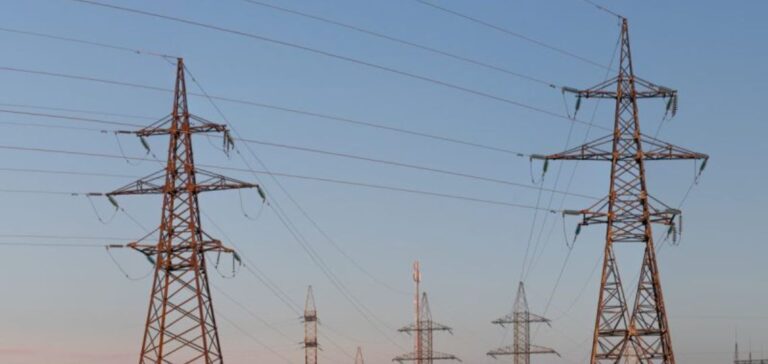The three Baltic states of Estonia, Latvia and Lithuania have decided to disconnect from the Soviet-era electricity grid from February 2025. The announcement, made by representatives of each country’s public operators, marks a significant step forward in their quest for energy independence from Moscow. Since joining the European Union and NATO, these countries have sought to reduce their energy dependence on Russia, an objective that has become even more urgent since Moscow’s invasion of Ukraine in 2022.
Towards Energy Independence
Rokas Masiulis, director of Litgrid, the Lithuanian operator, said, “We are going to cut the last energy links with Russia.” The planned disconnection also includes dismantling the last power lines linking these countries to the Russian and Belarusian grids. Latvian operator AST and Estonian operator Elering confirmed the decision, stressing that the power systems of all three states are ready for emergency synchronization if necessary.
Synchronization with the European Network
The process of synchronization with the continental European power grid began in 2018, with financial support from the European Union. This initiative will enable the Baltic States to join the European grid via Poland, guaranteeing greater energy stability and security. February 7, 2025 will mark the end of their connection to the Russian network, and two days later they will be fully integrated into the European network.
Consequences and outlook
Disconnection from the Soviet grid will put an end to a historic energy dependency. Since their independence from the Soviet Union in 1991, the Baltic states have maintained electrical links with Russia, making their networks vulnerable to geopolitical pressure from Moscow. Although they stopped buying Russian electricity and gas after the invasion of Ukraine, they remained connected for technical and security reasons.
The prospect of full synchronization with Europe strengthens the energy resilience of the Baltic States, reducing their exposure to geopolitical risks linked to Russia.






















